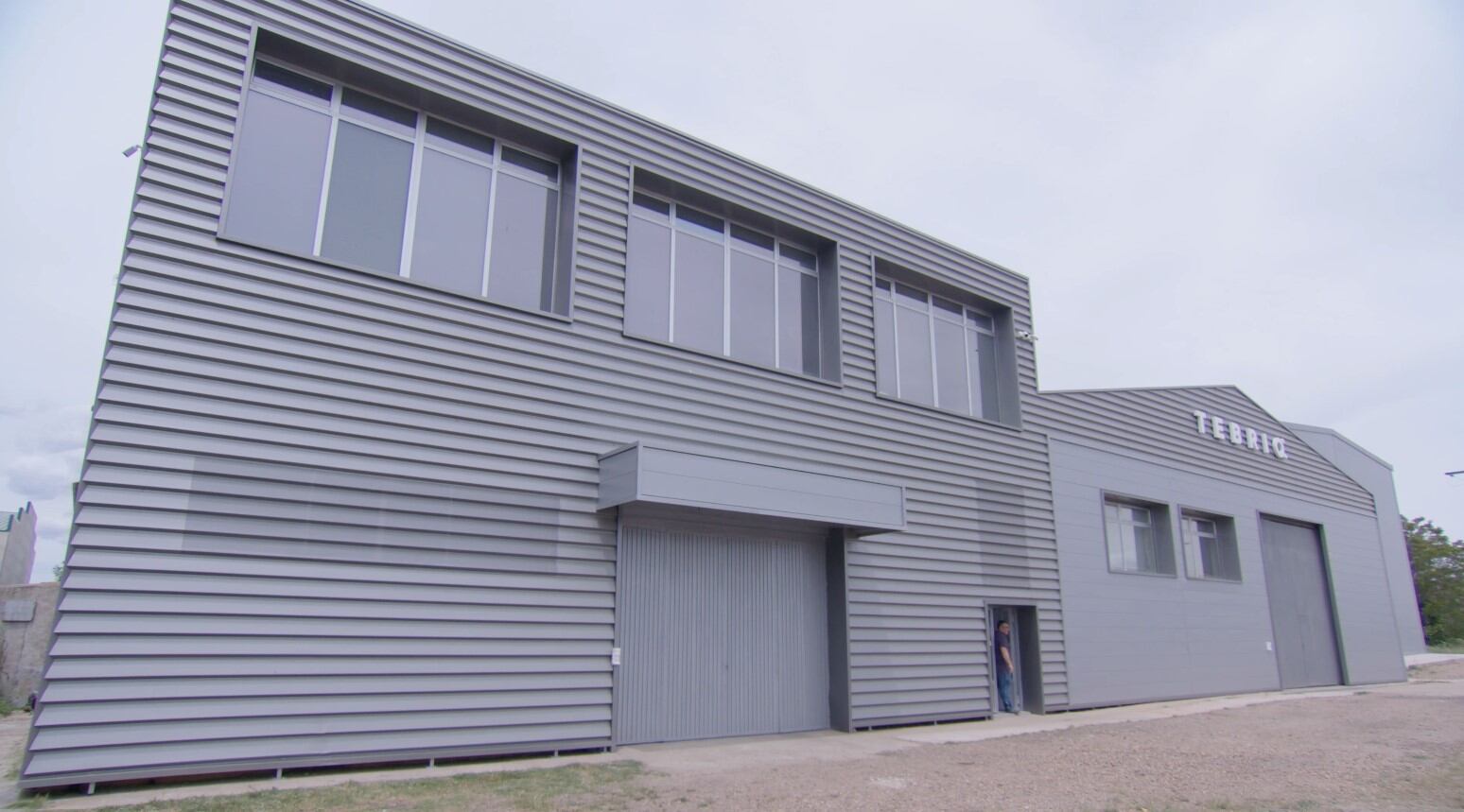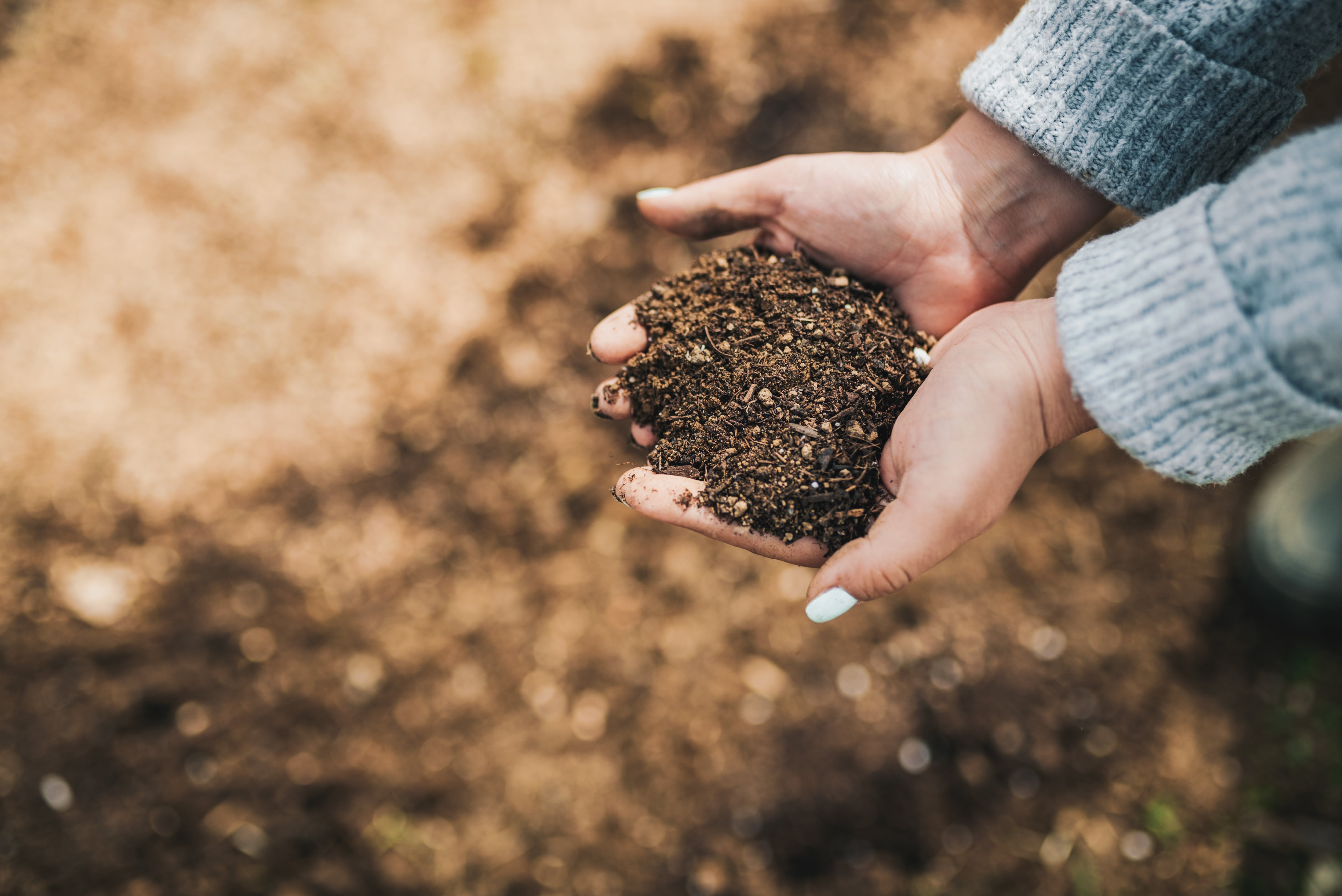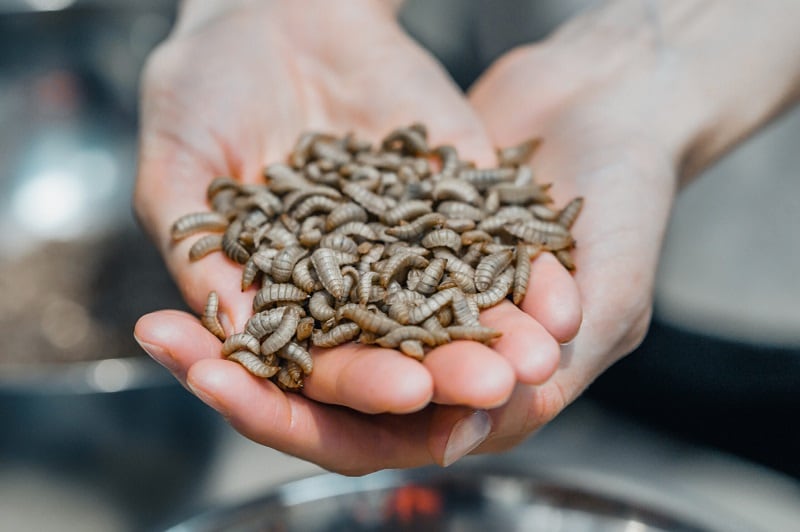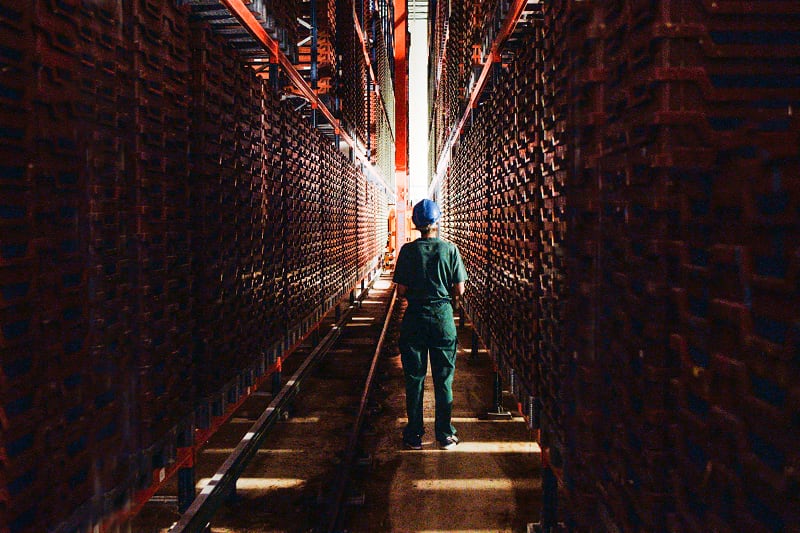The facility, called oFarm, will span 90,000 square meters (968,752 square feet) and is expected to produce over 100,000 tonnes of insect-based products annually when fully operational.
Full completion of the €110 million project is expected by 2028. The facility will initially focus on mealworm production and will generate 150 direct jobs and 1,350 indirect jobs.
It will produce 100% organic biofertilisers and chitosan as well as protein and lipids for the production of animal feed, with applications also in the pharmaceutical, cosmetics and bioplastics sectors.
The plant will be powered by renewable sources and will triple its current percentage of energy self-sufficiency through the use of solar panels, which will provide 100% renewable solar energy.

The title of “world’s largest insect farm” has changed hands several times in recent years as the industry expands. Previously, companies like Protix in the Netherlands and Ynsect in France have held this title for their respective facilities.
While Ynsect continues to operate, its future depends on successfully securing new funding and achieving operational efficiency to overcome its current financial challenges.
“The construction of our new plant represents a milestone not only for Tebrio, but also for the entire biotechnology sector. This project reflects our vision to lead a shift towards a more sustainable, efficient and environmentally friendly industry. oFarm responds to the growing global demand for sustainable and 100% innovative solutions for the agri-food industry,” said Adriana Casillas, CEO and co-founder of Tebrio.




